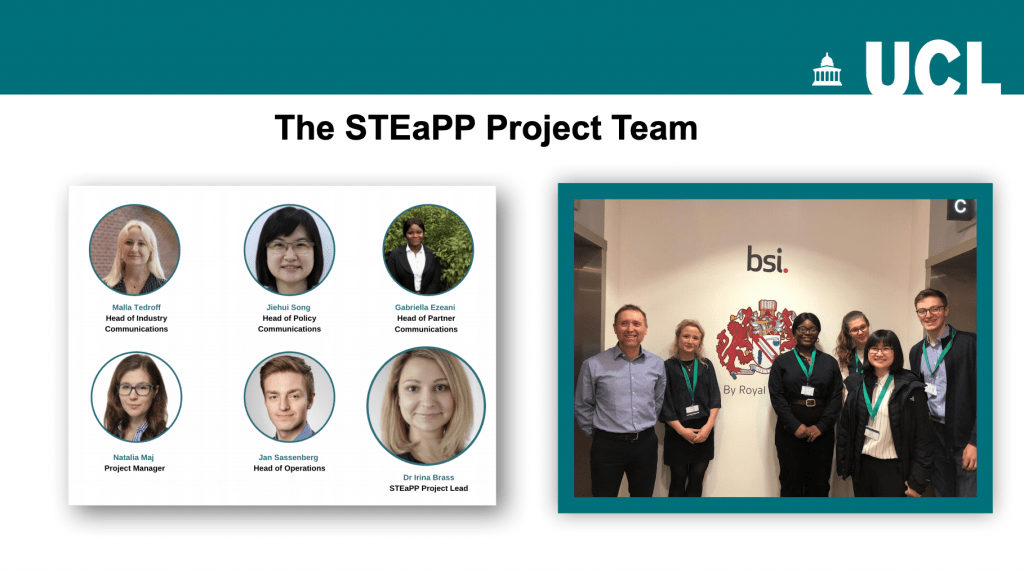From Cyber Stalking to Spyware: what do we know about stalkerware in intimate partner violence situations?
By jay, on 3 July 2020
By MPA candidates Jay Neuner, Maddalena Esposito and Thomas Bermudez
Smartphones and other devices are the lifelines of the modern world. Navigation, information, connection – these critical resources are right at our fingertips.
But for some, the very devices used to enrich their lives are now being used to endanger them. Through “stalkerware” – apps that, once downloaded onto a device, can geo-locate, log keystrokes, access other apps, and much more – others can monitor and even manipulate the device user’s activity. Some of these apps are nearly undetectable. Worryingly, reports from news media, advocacy groups, academia, and others are finding that many perpetrators of these malicious acts are none other than a spouse or other intimate partner, as one of many means of perpetrating intimate partner violence (IPV).
These apps represent a disturbing evolution in the phenomena of cyber-stalking, online harassment, and other technology-facilitated abuse. While those fields are increasingly well-documented (though still limited by the relative nascency of the digital realm), stalkerware’s use in IPV is an emerging field requiring much more research.
 Close
Close






